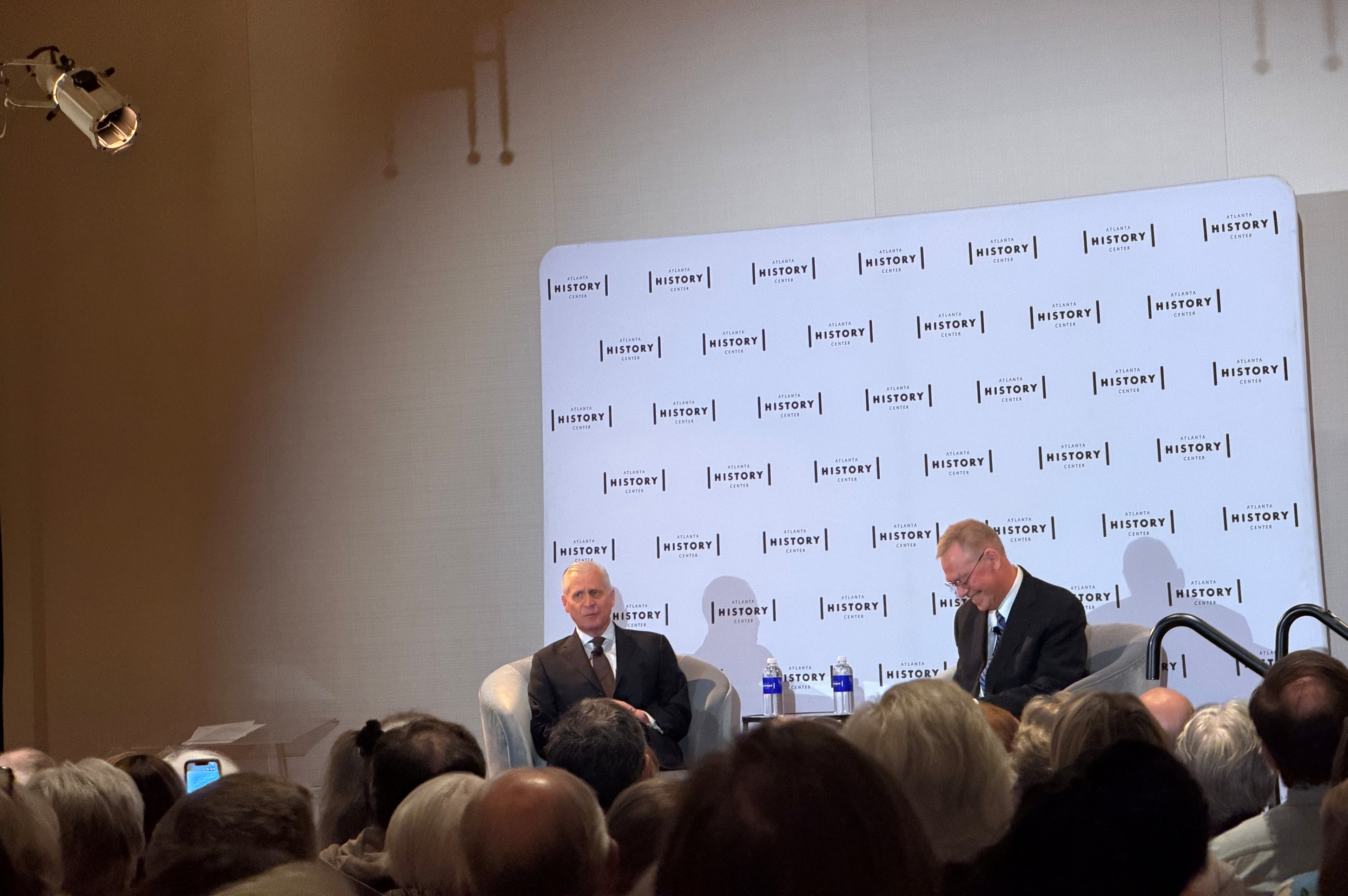Opinion: Israel at 70 — Bibi’s Troubled Hour of Power
For Bibi Netanyahu, Israel’s longest-serving prime minister save only founding father David Ben-Gurion, it has been a week of triumph.
Last Tuesday, President Donald Trump pulled the United States out of the Iran nuclear deal as Bibi had demanded. On Thursday, after Iran launched 20 missiles at the Golan Heights, Bibi answered with a 70-missile attack on Iran in Syria.
“If it rains on us, it will storm on them. I hope we have finished the episode,” Defense Minister Avigdor Lieberman said, boasting that Israel’s raids hit “nearly all Iranian infrastructure in Syria.”
Yesterday, in an event televised worldwide, the U.S. embassy was transferred to Jerusalem, with Trump’s daughter Ivanka and son-in-law Jared Kushner doing the honors in what Bibi called a “glorious day.”
The White House and the Republican Party that controls Congress are solidly behind Israel.
Israel has a de facto alliance with Saudi Arabia and the Gulf royals. And the Palestinians have never been more divided, isolated and alone.
Yet, there is another side to this story.
As the transfer ceremony of the Jerusalem embassy was taking place, TV split screens showed pictures of protesting Palestinians, 52 of whom were shot dead Monday, with thousands wounded by snipers. Some 40,000 had rallied against the U.S. embassy move.
Those dead and wounded Palestinians are not likely to be forgotten in Gaza. And while Israel has never had so many Arab regimes willing to work with her in pushing back against Iran, Arab League Chief Ahmed Aboul Gheit called the U.S. embassy move to Jerusalem, a “clear violation of international law.”
Last week, Hezbollah, which arose in resistance to the 1982 Israeli occupation of Lebanon, and expelled the Israeli army 18 years later, won Lebanon’s elections. A Hezbollah-backed coalition will likely form the new government in Beirut.
Michael Oren, Israel’s former ambassador to the U.S. and Bibi ally, said that any attack by Hezbollah, which fought Israel to a standstill in 2006, should bring an Israeli declaration of war — on Lebanon.
While Israel launched some 100 strikes on Syria in recent years, Syrian President Bashar Assad has survived and, with the aid of Hezbollah, Iran and Russia, won his civil war.
Assad and his army and allies are far stronger now, while President Trump, Israel’s indispensable ally, speaks of bringing U.S. troops home from Syria.
Also, Sunday, the U.S. sustained another major political defeat.
Iraqi Prime Minister Haider al-Abadi lost his re-election bid. Based on early results, the winning coalition was that of Shiite cleric Moqtada al-Sadr, against whose forces U.S. troops fought a decade ago.
Running second was a ticket led by a Shiite militia general close to Iran. The orientation of Iraq seems certain to shift away from the United States.
While the Israelis are the most powerful nation in the region, how long can they keep 2 million Palestinian Arabs confined in the penal colony that is the Gaza Strip?
Across the West, a BDS movement to have students, companies and consumers boycott, divest and sanction Israeli-produced products has been gaining ground.
The Palestinians may have been abandoned by Arab rulers and the world. Yet, history teaches that people forced to survive in such conditions eventually rise in rebellion and revolution, take revenge, and exact retribution.
Bibi and Israel appear to be on a winning streak. It is difficult to see how, over the long run, it can be sustained.
Writes for Creators Syndicate.


